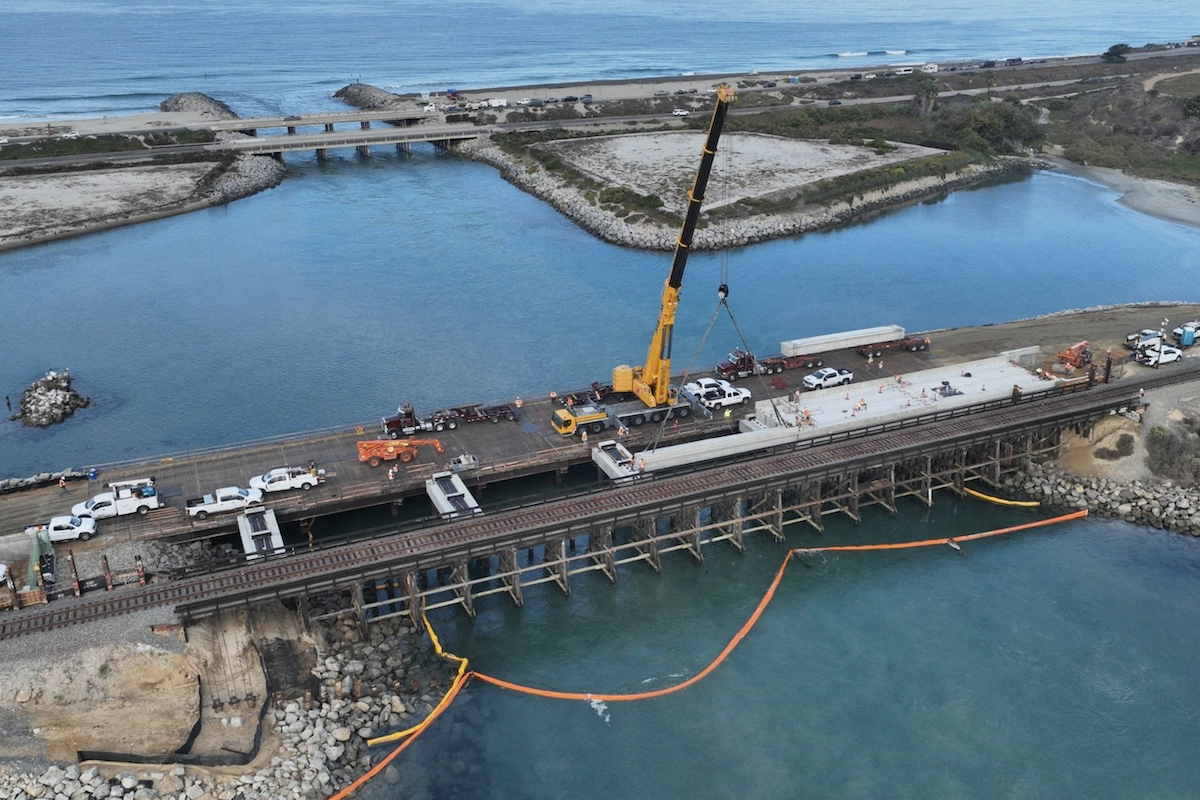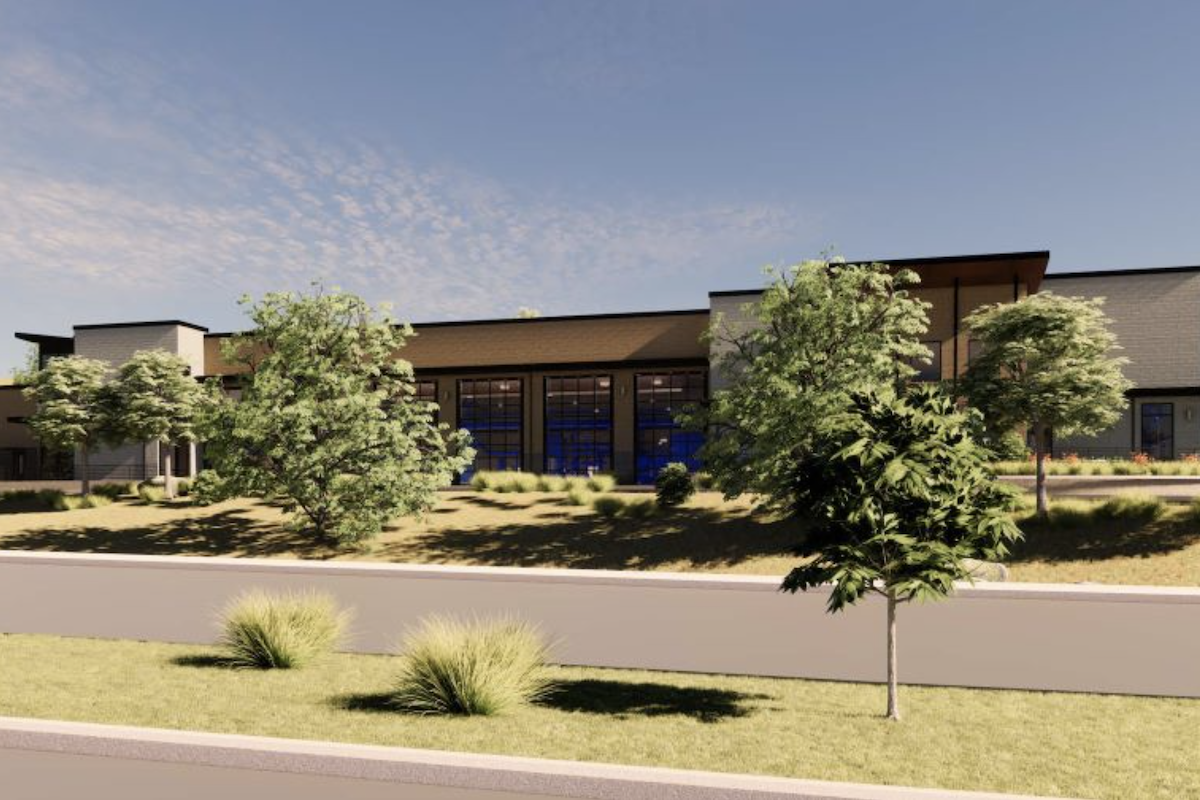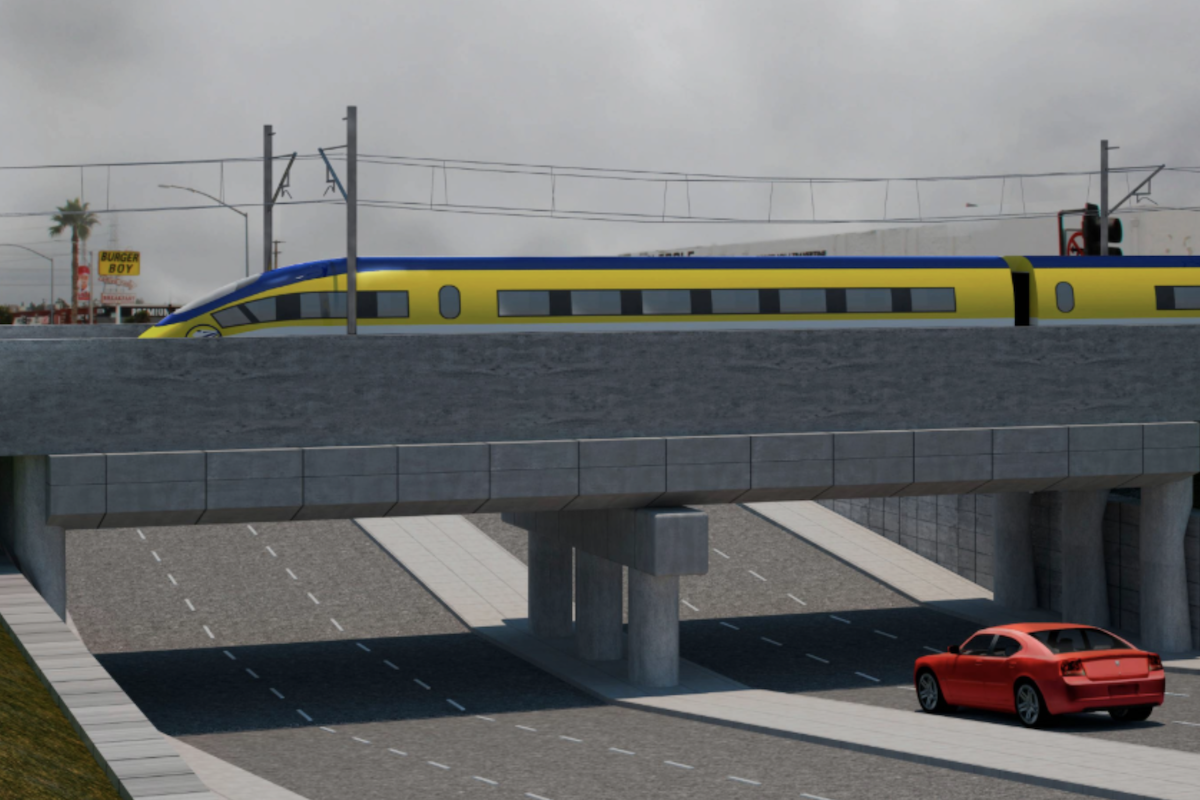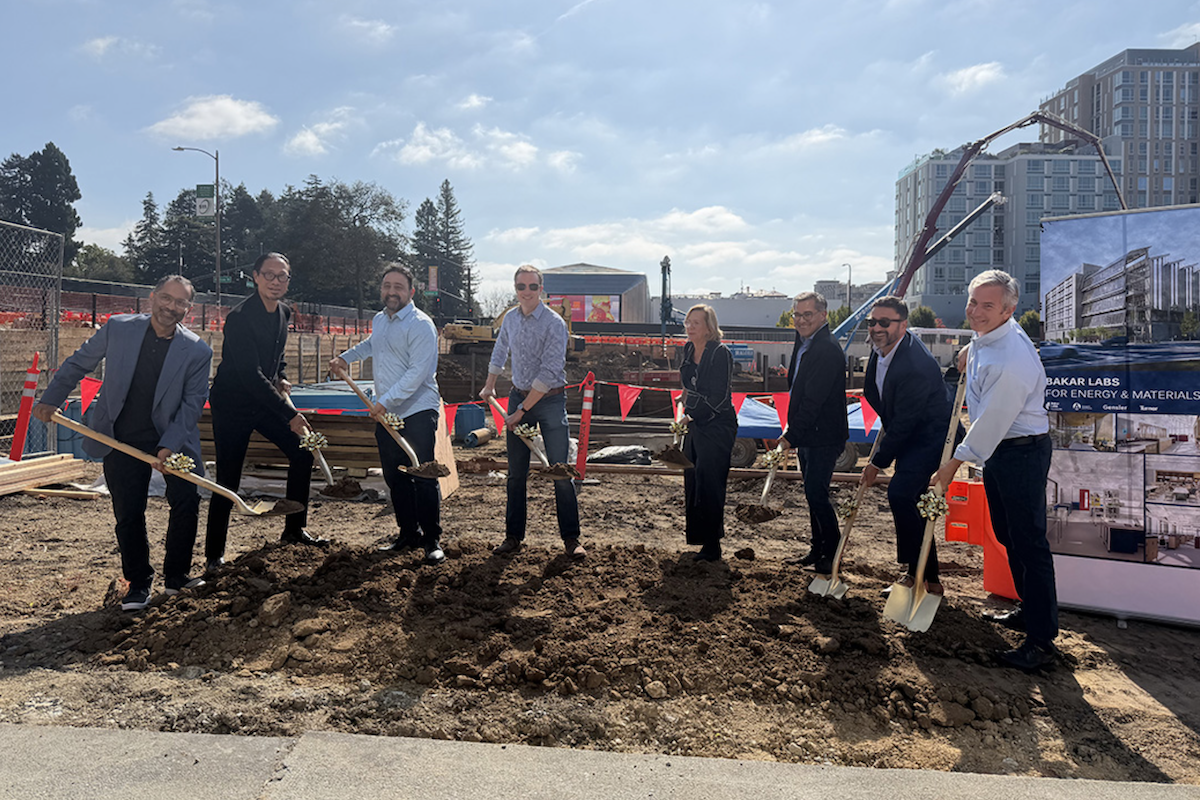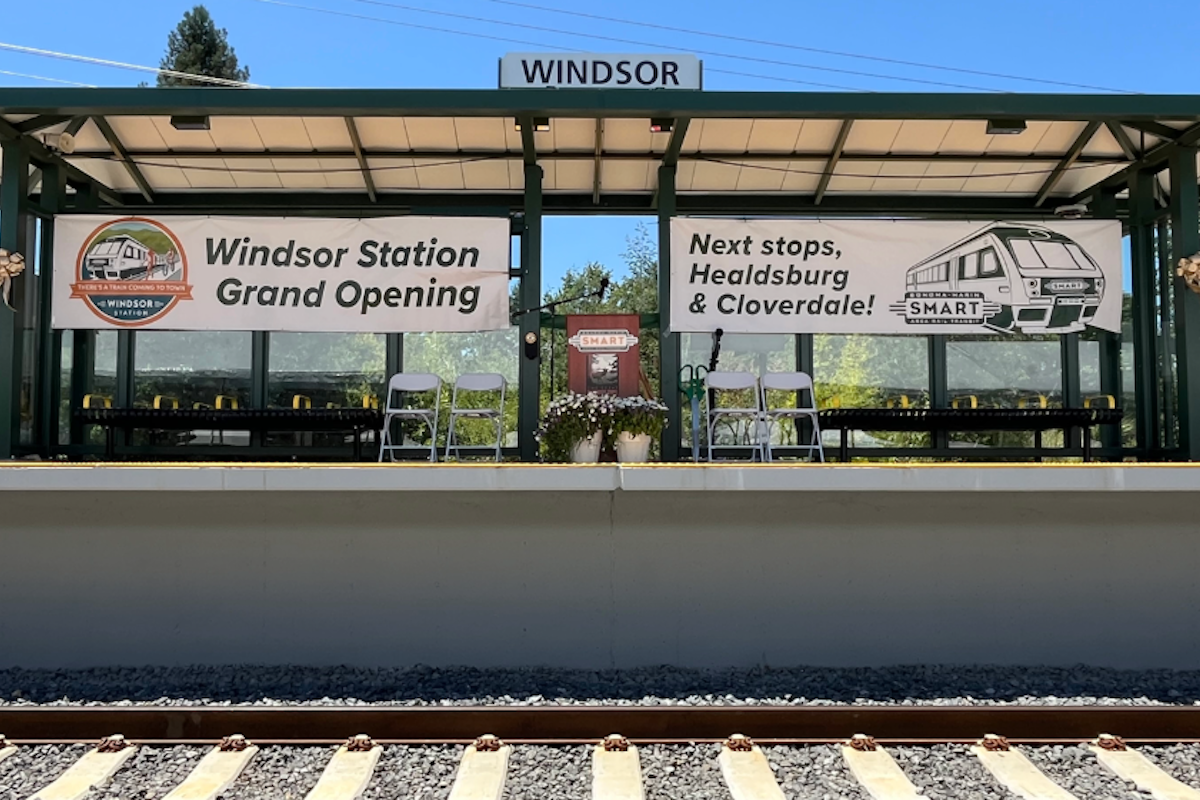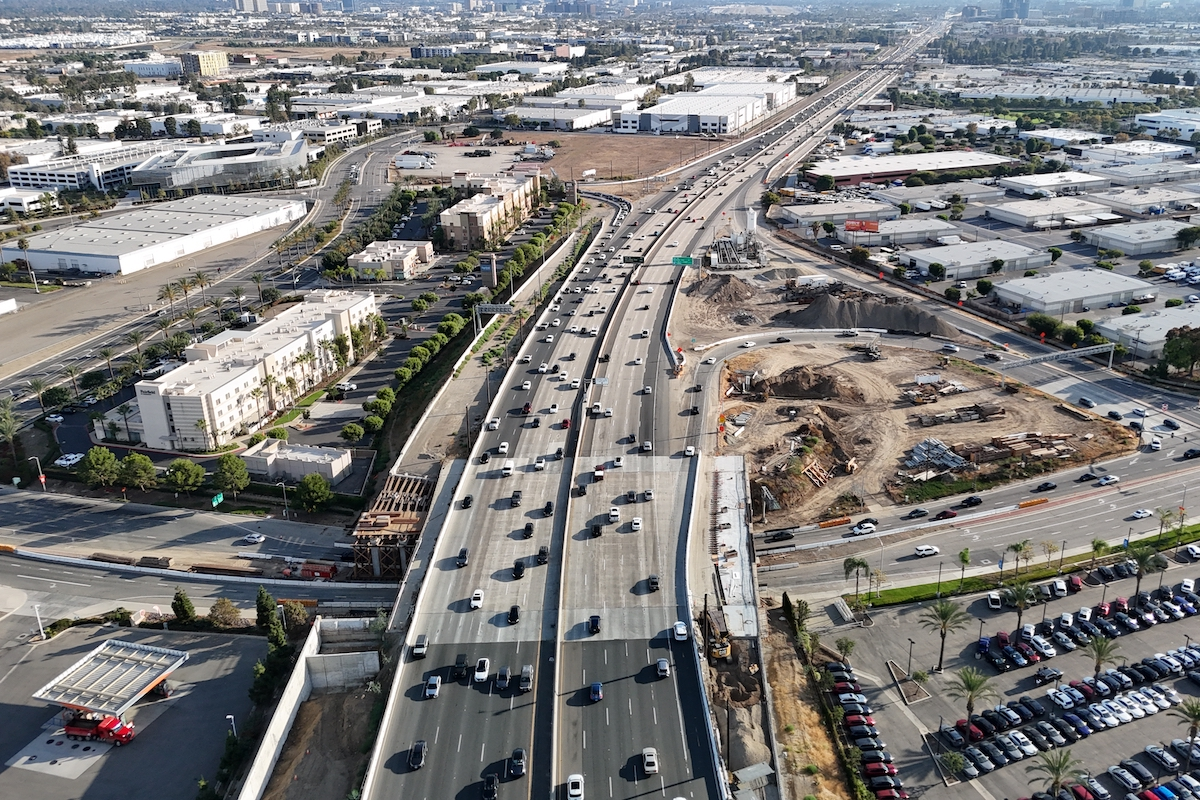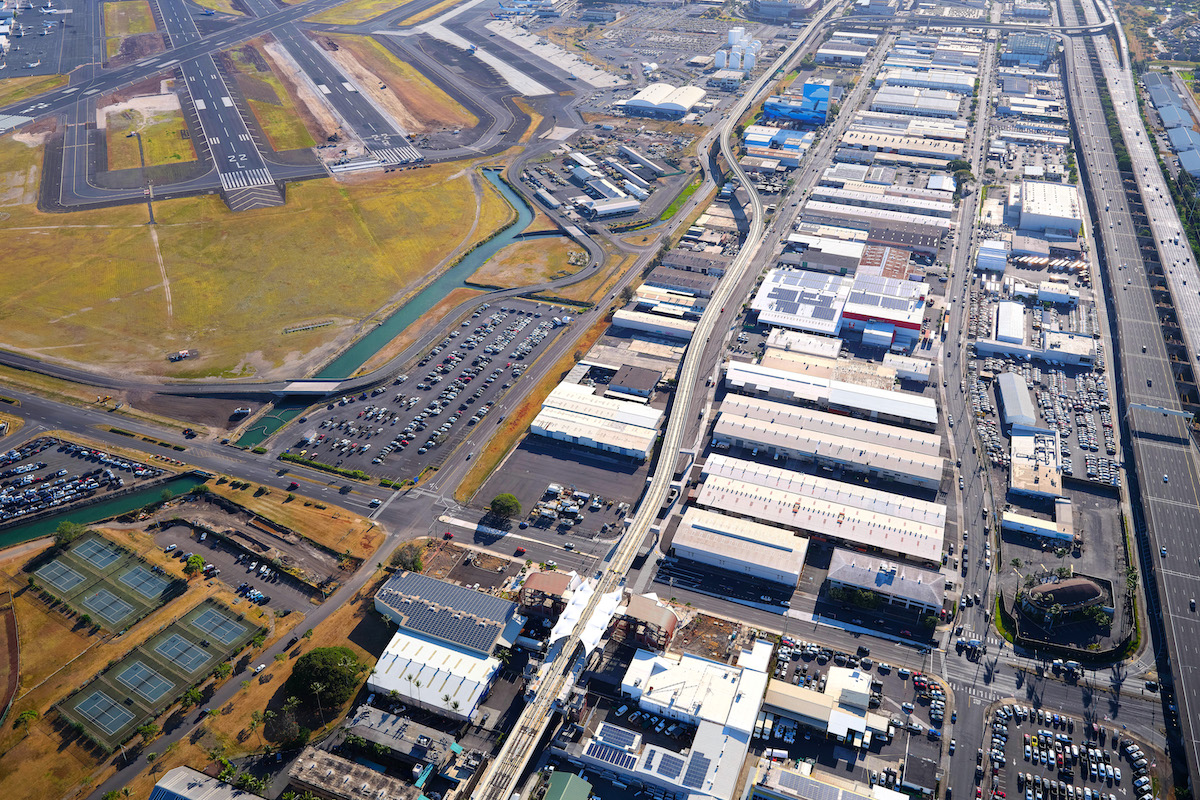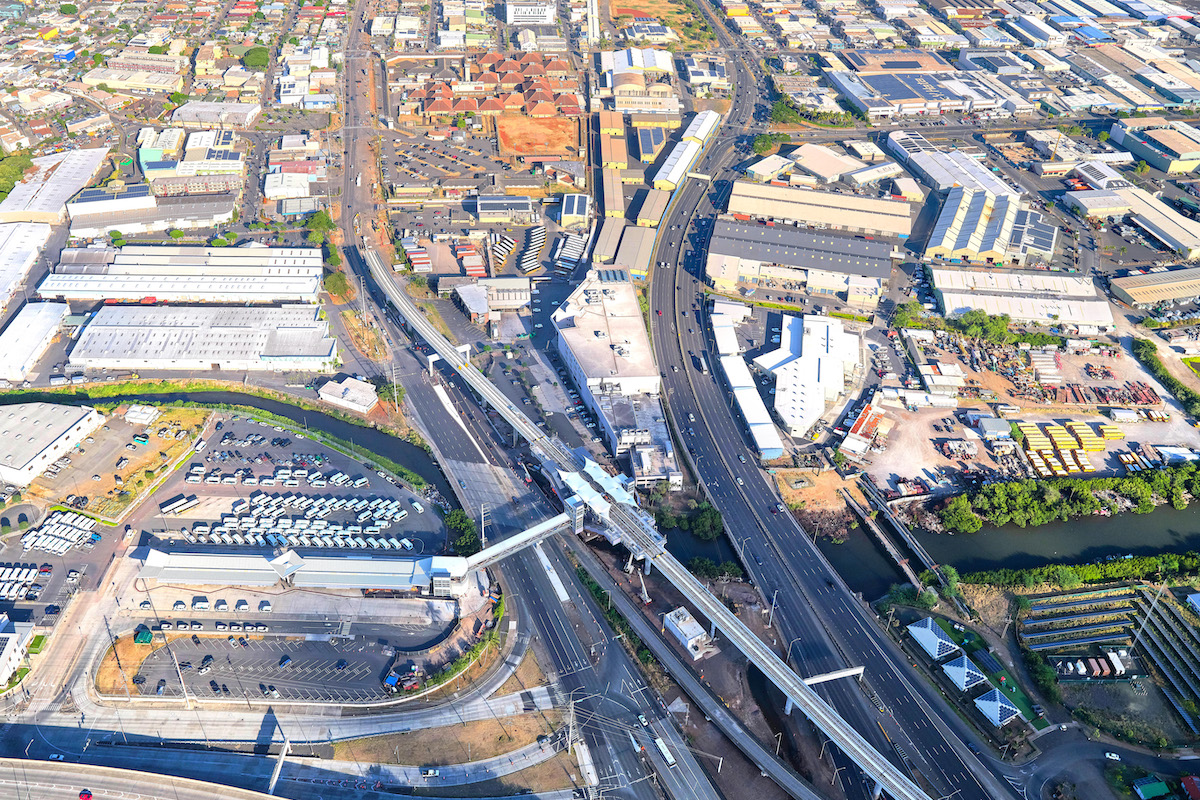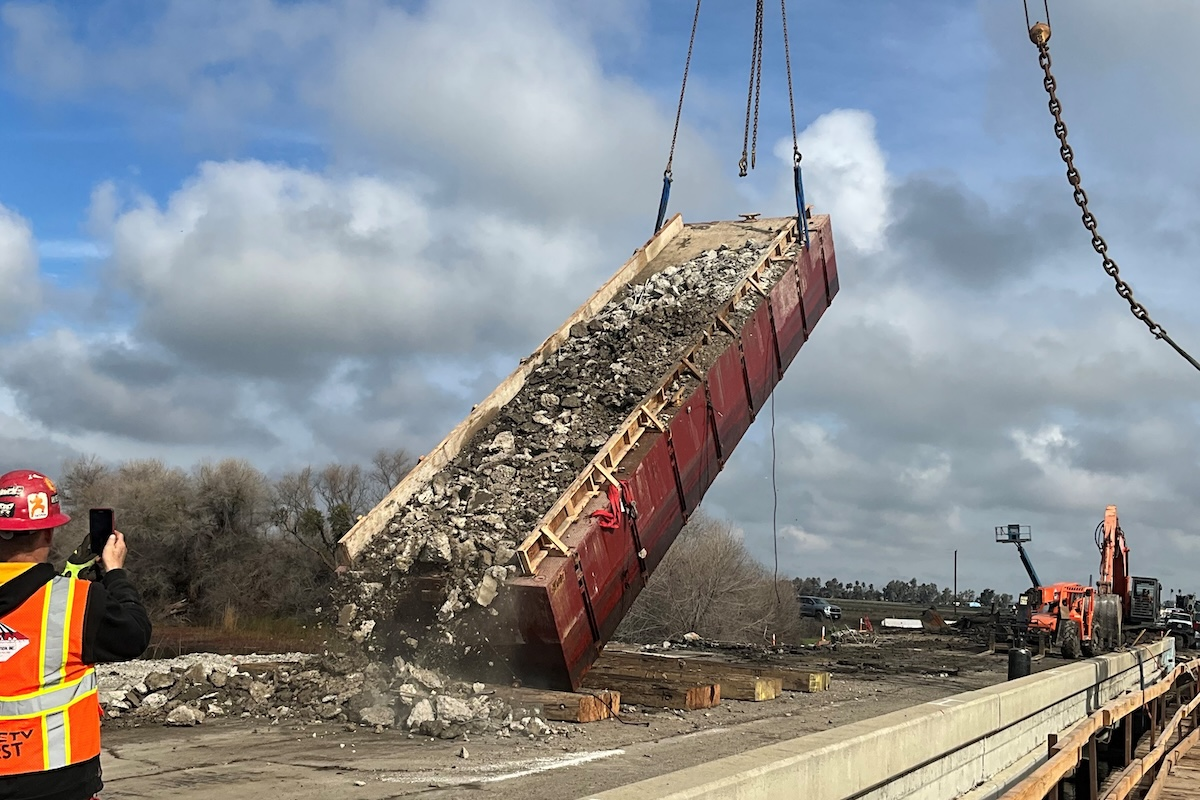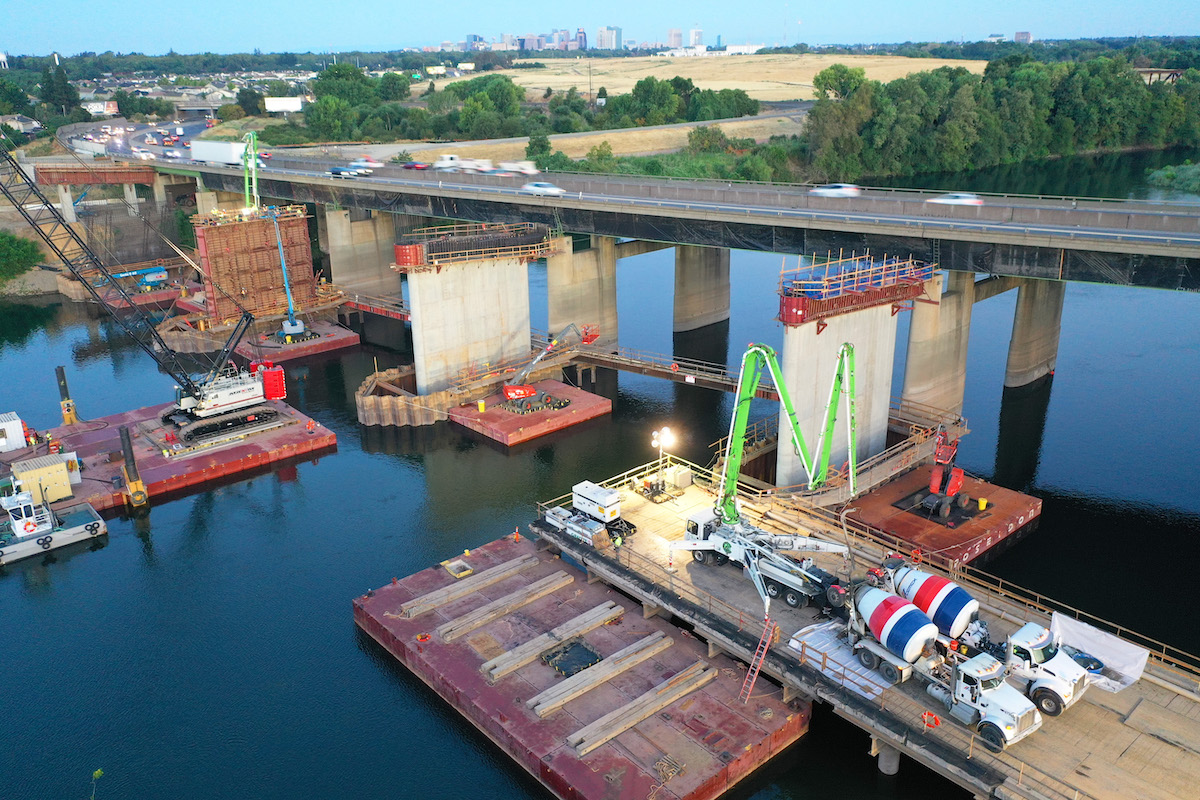The pavement along this stretch of I-69 is badly deteriorated pavement and has been a maintenance issue for many years. “This section of pavement is prone to buckling with catastrophic pavement blowouts when the temperatures hit their peak in the months of July and August,” says Mike Meyer, Project and Contracts Engineer for MDOT Lansing Transportation Service Center, who is serving as the Construction Project Manager. “This is cause for emergency repairs and sometimes freeway closures to fix.”
The project will involve reconstructing the 22 miles of I-69 and removing everything down to the subgrade. A new drainage system is being installed to keep water from getting underneath the road. Drainage improvements include culvert replacements, ditch cleanout, and underdrain installation.
Other project elements include reconstructing six interchanges, sign replacement, guardrail replacements and safety improvements, and improving pavement conditions at two rest areas. Lastly, 26 bridges are being repaired, and one bridge (15 Mile) that crosses I-94 is being completely reconstructed.
The old pavement was composed of two layers of concrete pavement separated by a 1-inch layer of asphalt pavement serving as a bond breaker between the two layers. The bottom layer was 9 inches of reinforced concrete, with the top being 7 to 9 inches of non-reinforced pavement.

| Your local Gomaco dealer |
|---|
| Terry Equipment |
“The thick pavement section produced a lot of material that could be reused to produce a new aggregate base for the new roadbed,” Meyer says. “All the concrete pavement is being crushed on-site using a portable crusher.”
Crushing the materials on the job site is both a time and money savings. Less materials need to be purchased and trucked to the site.
Halfway through, the project is on budget. Some of the credit goes to the contractor, Michigan Paving and Materials Company. “The team has been able to think outside the box to come up with solutions to keep the project on budget and on schedule,” Meyer says. “They were able to eliminate a few crossovers that maintained ramp traffic and expediated those sections of reconstruct which resulted in some shared cost savings to the project as well as a float in the schedule to allow room for unforeseen items we may encounter later on.”
Design-build is the reason MDOT has been able to condense the schedule for this project. Meyer explains, “Design-build has allowed the overlap of design with the construction phase of the project, which allows the contractor to start construction sooner than a traditional design-bid-build. In the case of this project, the influx of funding from the Rebuilding Michigan Program allowed us to combine four projects into one project built over three years instead of eight. Design-build was the best method to deliver the project from a schedule and cost standpoint.”
To date, the project is on schedule. In addition to the contractor's contributions, Meyers credits traffic control for allowing the project to proceed as planned.

| Your local Trimble Construction Division dealer |
|---|
| SITECH Southwest |
| SITECH West |
“All traffic is being placed on the bound of highway not under construction, which eliminates conflicts and gives the contract full access to the roadway under construction. It also provides a huge safety benefit to the project, not only for the workers, but the motoring public.”
Because of the Rebuilding Michigan Program and design-build, the driving public will have a smooth ride along the 22-mile stretch of I-69 much sooner than it would have if the project were delivered in a more standard format. That’s good news for motorists.
Soon, the public will enjoy a smoother and quieter ride on an important route for commuter, commercial, and tourism traffic in south-central Michigan.



















